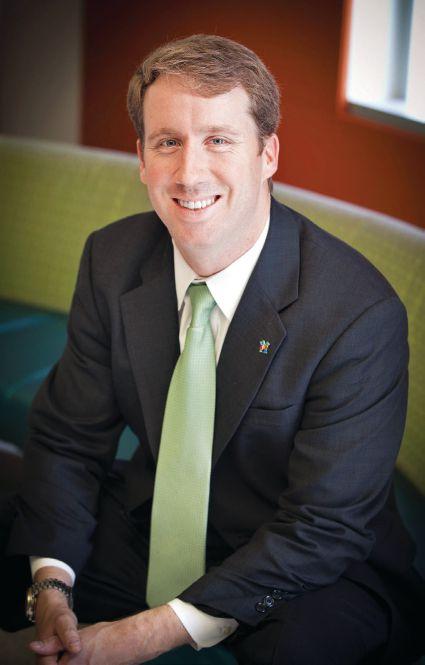
2 minute read
ADRIENNE DEMARAIS ZERTUCHE
areas are either overburdened—too few providers and too many patients—or have no obstetric providers at all.
There are numerous reasons for the shortage, DeMarais Zertuche says. Georgia obstetricians face crippling malpractice insurance costs, exacerbated by the lack of tort reform, and there are too few of them in rural areas. Those that do practice in small cities and towns have crippling workloads. Moreover, Medicaid reimbursements are low—about 60% of deliveries in Georgia and up to 80% in rural areas are paid for by Medicaid.
GMIHRG used their findings to back the society’s efforts to influence the outcome of a house bill proposed during the 2012 Georgia General Assembly. HB 954 prohibited abortions after a fetus reaches 20 weeks, regardless of its medical futility, and imposed a prison sentence of up to 10 years for doctors who perform them.
The students met with State Representative Sharon Cooper, chair of the House Health and Human Services Committee, who advised them that they could make the
“It was the last night of the session, and at 11:30 pm, they voted on it. It passed with flying colors,” she says. “I think the cards helped create support for the amendment, especially among the 17 Republicans who voted for it.”
The front of each card includes quotes from providers about the difficulty of running an obstetric practice. One from Americus said, “In rural Georgia, 70% to 80% of patients are Medicaid, and with today’s reimbursement rates, no matter how smart you run your business, it’s hard to get by.” Another provider from Moultrie commented, “We are the only obstetrical practice in town. With one ob and a midwife, we did 550 deliveries last year. Sometimes we see 60 women in a day. It’s difficult to recruit physicians of any kind to this area.”
Student adviser Roger Rochat is impressed by what GMIHRG accomplished. “This has been one of the most remarkable student practicum experiences with which I have been associated in 42 years,” he says. “The enthusiastic, professional student response to a community request directly and positively affected state legislation.”
In the future, DeMarais Zertuche would like to do a study on how residents decide where to practice because “there is nothing on the horizon to improve the statistics on obstetricians/gynecologists,” she says. “If Georgia does not act now, by 2020, 75% of the counties outside the Atlanta metro area will be severely overburdened or have no ob/gyn providers at all.”
Just contemplating the enormity of the problems plaguing the U.S. health care system can be sobering, but tackling the transformation of the health system in an era of reform is the daily mission of Lydia Ogden 10phd, the first graduate of Rollins’ doctoral program in health services research and health policy. Her to-do list is daunting: reining in unsustainable health care spending, ensuring affordable access to care, and maximizing population health gains in today’s disjointed system. But for Ogden, the current imperfect reality is motivating.
“We’re older, fatter, and sicker as a nation, and we can’t afford it. Big problems that are hard to solve are not unique to public health, but I love a challenge” she says. “Nothing in our field is easy or will happen overnight. It is what you sign up for when you get into public health. I have a stepdaughter who is in her third year of medical school, and I don’t want her to go out into this







